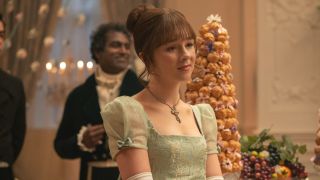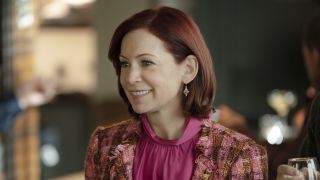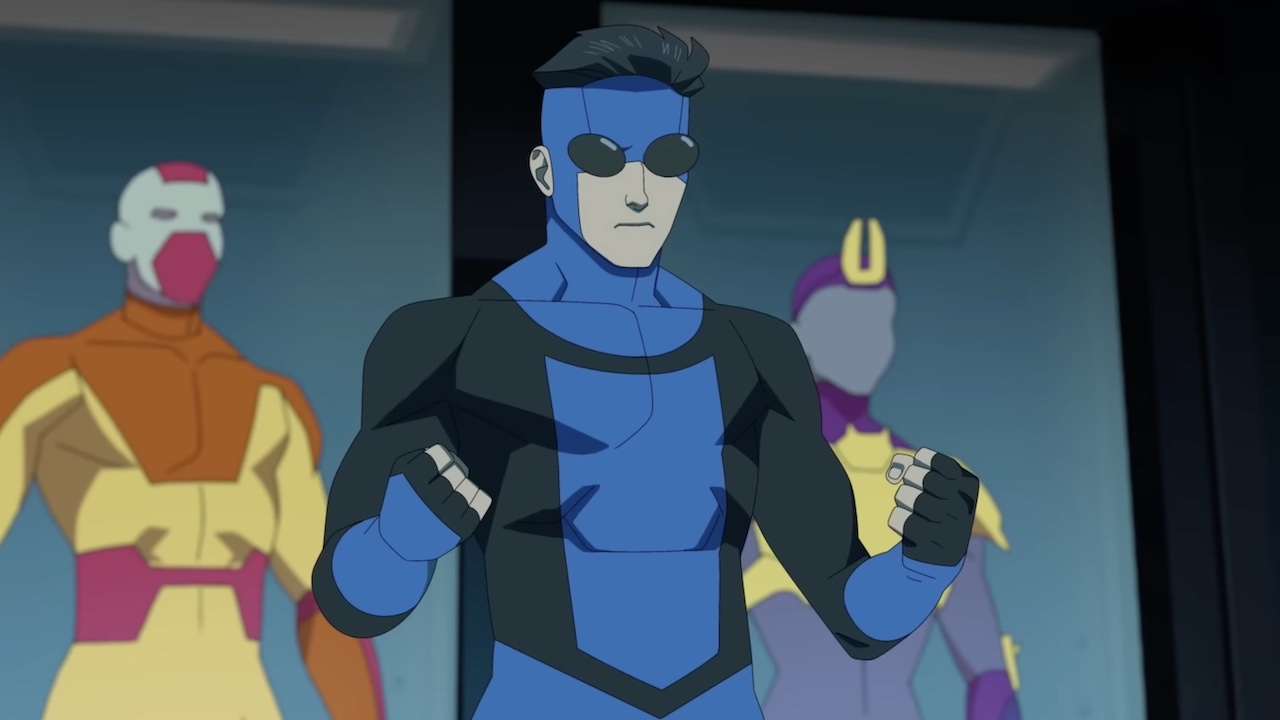Interviews
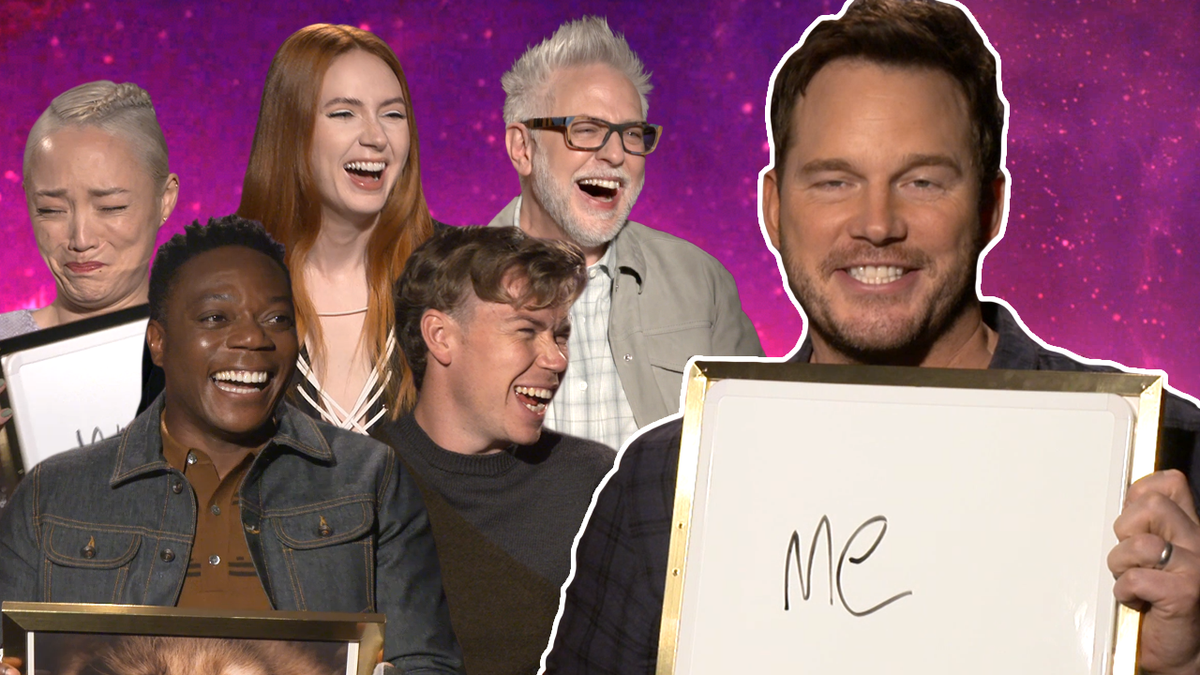
CinemaBlend frequently sits down with the talent who are responsible for the movies, television shows, streaming features, and pop-culture moments that you want to be reading more about. From Tom Hanks to the cast of Avatar, from the latest contestant on The Masked Singer to the cast of Yellowstone, CinemaBlend ample time for exclusive conversations with Hollywood's biggest stars.
And CinemaBlend prides itself on asking talent the questions that they aren't hearing from every other outlet, leading to passionate answers that are meant to educate and entertain you, our readers. If they are important in Hollywood, they are speaking with CinemaBlend.
Latest about Interviews
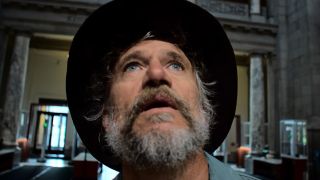
Werner Herzog Has A New Documentary Called Ghost Elephants, And I'm Still Rattled About One Scene
By Philip Sledge published
Werner Herzog has done it again.
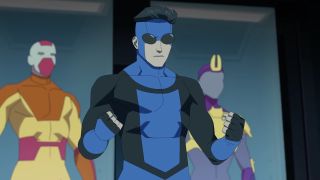
I'm Pumped Invincible Season 4 Features A Wild Storyline Not Featured In Robert Kirkman's Comics
By Mick Joest published
Exclusives This is going to be wild.
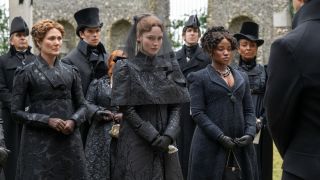
Why It Was 'Important' To Have (Spoiler’s) Death As Part Of Benedict And Sophie’s Bridgerton Season
By Riley Utley published
Exclusives It's a tragic, but vital plot point.

After Seeing Kong Throw Down In Monarch Season 2’s Premiere, I Learned Why The Show Brought Him And Skull Island Back
By Adam Holmes published
Exclusives This was brutal!
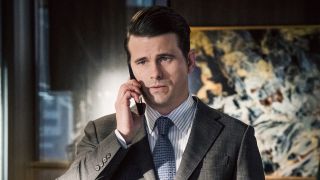
Matlock's Jason Ritter Hypes What Matty And Olympia 'Can't Go Back' From, And It's Going To Get Messy
By Laura Hurley published
Exclusives It's Julian's turn to make the moves now.
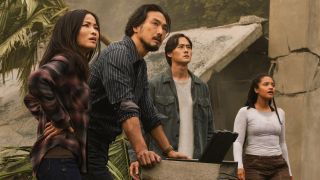
How Does Monarch Decide On MonsterVerse Easter Eggs? The Show’s EP Told Me It's Like A 'Puzzle'
By Adam Holmes published
Exclusives Gotta watch your step!
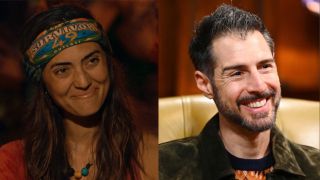
Rob Cesternino Has Thoughts On How Savannah Came Out As A Winner On Survivor 50 (And I Totally Agree)
By Corey Chichizola published
The Survivor icon is speaking weekly with CinemaBlend about Season 50.
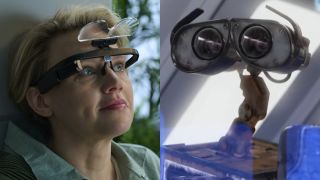
Andrew Stanton Told Me How WALL-E Influenced In The Blink Of An Eye (And It Wasn’t How I Expected)
By Erik Swann published
Exclusives This was a pleasant surprise.
Your Daily Blend of Entertainment News
